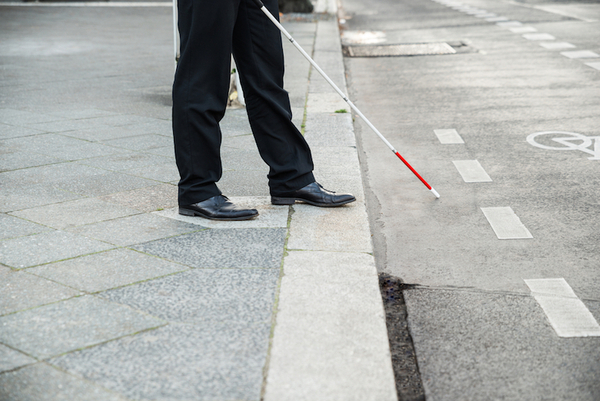Misconceptions Regarding Blindness Are Prevalent: Possible Implications for Best-Practices and Policy Making
(1) James S. Rickards High School, Tallahassee, Florida, (2) Phoebe Putney Health Systems, Albany, Georgia
https://doi.org/10.59720/18-074
The intention of this study was to investigate the perceptions that sighted people have about blindness and what the visually impaired perceive as the most challenging aspects of being blind. Sighted subjects were given surveys regarding general facts about blindness as well as questions about what they consider to be the most pressing difficulties faced by the blind. Blind subjects were also given surveys that asked them about what they perceive to be the greatest difficulties that they face, conditions that have improved for them, and what changes should be made to improve their lives. We hypothesized that sighted participants would be at least 50% accurate on routine questions about blindness, that blind participants would more often report difficulties in accomplishing daily tasks such as driving and reading as their greatest challenges, and that adults would be more knowledgeable about blindness than minors because of their increased level of education and age. The results from this study suggest that the sighted have significant factual misunderstandings about blindness as well as what should be done to help the blind. The results also demonstrate that blind subjects surveyed for this study find the most challenging adversity to be the lack of awareness and understanding about their circumstances. Additionally, sighted minors and sighted adults did not have a significant difference in their general knowledge about blindness.
This article has been tagged with: